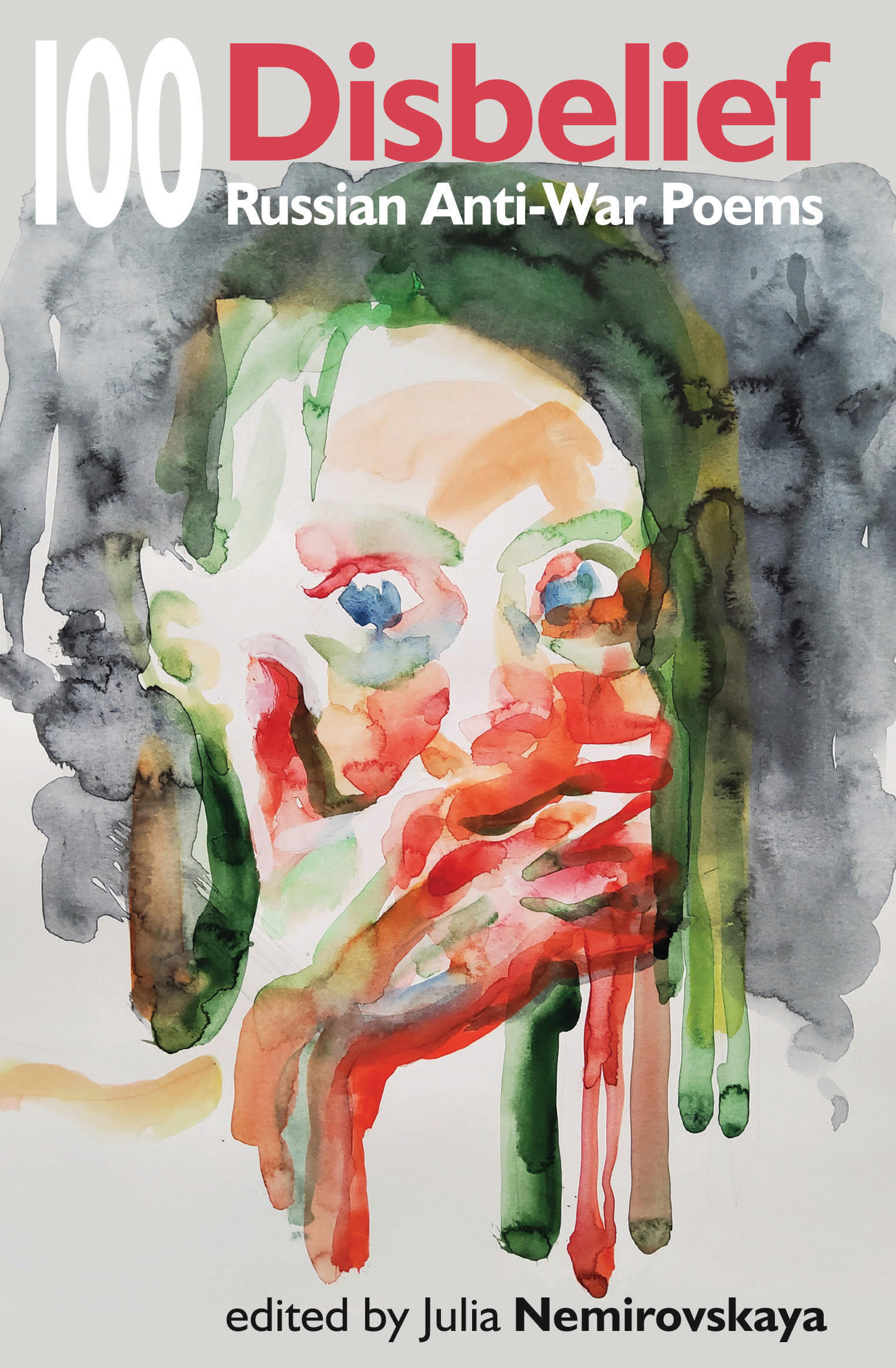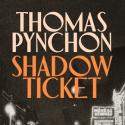On 24th February 2022, when Vladimir Putin launched his “special military operation”, life in Ukraine changed abruptly and in a brutal fashion. Soon the impact of the war was felt around the world – and not only in rising food and energy prices. Yet its repercussions in Russia were silenced or at least muffled by state censorship of the media and by the clampdown on dissent.
Russian friends living in this alternative reality tell me that only a small minority actually believes the Kremlin’s propaganda. Helpless or uncomprehending, most people try to block out the war and get on with day-to-day life as much as possible. Yet there is another minority, perhaps equally small, that refuses to believe the official narrative. Many of them are intellectuals, artists and poets, some of whose responses have now been translated in the aptly titled volume Disbelief.
Its editor, the Russian-American poet and scholar Julia Nemirovskaya has brought together 100 poems written in Russian by writers living not only in Russia itself but also in Ukraine, the United States, Israel and elsewhere. All of them first appeared under the banner of the Kopilka Project, an online archive of Russophone anti-war poetry that was unveiled a year ago in the form of a Google Doc – “a place beyond Putin’s reach”, where it was safe to express outrage, grief and shame at the outbreak of war – and are now published in this elegant bilingual edition, with the original lines in Russian facing English versions by five outstanding translators: Maria Bloshteyn, Andrei Burago, Richard Coombes, Anna Krushelnitskaya and Dmitry Manin.
Nemirovskaya has described the initiative as “throwing a tiny copper coin into a bigger kopilka: the collective effort to defeat Putin”. It also provides a useful counterblast to the west’s rejection of Russian culture since Putin launched his invasion to “de-Nazify” Ukraine. The Munich Philharmonic orchestra has fired its chief conductor, Valery Gergiev, and the New York Metropolitan Opera has cut its ties with Russia’s Bolshoi Theatre. Some orchestras have even purged the music of Tchaikovsky from the concert repertory.
 The difficult issue of cancelling Russian culture is addressed by many of the volume’s contributors, who brandish their pens as weapons in the fight against violence and untruth. “Lie doesn’t try anymore/to masquerade as truth,” Gali Dana-Singer observes sorrowfully in “The Time of the Last Honesty”. Of course the Russian language doesn’t belong to Putin. “I refuse to abandon the language to the Putinites!” writes one bilingual Ukrainian poet.
The difficult issue of cancelling Russian culture is addressed by many of the volume’s contributors, who brandish their pens as weapons in the fight against violence and untruth. “Lie doesn’t try anymore/to masquerade as truth,” Gali Dana-Singer observes sorrowfully in “The Time of the Last Honesty”. Of course the Russian language doesn’t belong to Putin. “I refuse to abandon the language to the Putinites!” writes one bilingual Ukrainian poet.
Ironically, as Nemirovskaya herself argues in the introduction, Putin’s illegal war has devalued the “glorious memory of a previous war fought by Russians against real Nazis”. In fact, the contrast between Hitler’s invasion of the Soviet Union and the “special military operation” is the focus of several poems in this poignant anthology. For instance, Tatiana Voltskaya bitterly evokes a family legend of Stalingrad to suggest that any historical feelings of guilt or shame may now have crossed over from the German side: “We’ll get what we deserve, and more./Unholy war/Has tarnished grandad’s medals.” The US-based Nina Kossman recalls her murdered Jewish relatives: “And although I live far away and only my dead connect me to Ukraine/(there are more than thirty of them – my dead in her land)". Another death, another grandparent, haunts a poem entitled “David” by Vita Shtivelman, which begins, in Bloshteyn’s translation:
My grandpa David was killed in ’42.
He had a hellish job – a sapper in the field.
There is no grave, the house is gone.
He fought a year, then he was felled.
His wife and daughter made it, with God’s help.
Though faith in God was beyond grandpa’s ken.
He fell as he defended East from West –
death came from the west back then.
In “War is a Train”, the Ukrainian-born psychoanalyst Galina Itskovich, who lives in New York, describes the painful transference of unforgettable suffering from a Soviet childhood to the failing memory of the now grown-up child, an immigrant suffering from Alzheimer's disease in Itskovich’s adopted country:
Every morning, starting with Thursday,
I’d tell my mom that war has broken out.
Each time, she’d be surprised –
war belonged back in her childhood,
there was no such thing as war for adults.
This wasn’t Russian propaganda, it was merely dementia –
a blessed forgetting of anything too big
and too frightening.
The depth of poetic vision on display in this remarkable anthology reverberates with a sense of culpability and disenfranchisment in Putin’s dystopia. “I’ve lost my right to have a voice, a vote,” says Eugene Kluev, in Manin’s translation. “I’m Russian.”
- Disbelief: 100 Russian Anti-War Poems, edited by Julia Nemirovskaya (Smokestack Books, £9.99)
- More book reviews on theartsdesk















Add comment